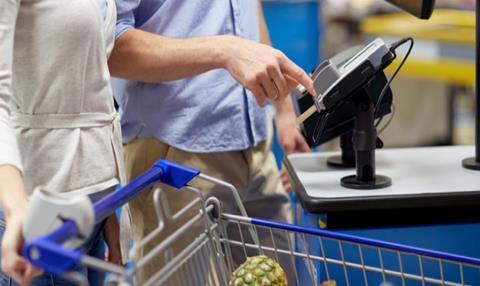The latest figures on grocery price inflation have been released by Kantar, demonstrating that UK consumers are still gravitating towards discounters while they express concerns over the price of their shopping.

Grocery price inflation is now sitting at 12.2% for the four weeks to 3rd September 2023, with grocer take-home sales up 7.4% compared to the same period in 2022. This is a 0.9% increase from the previous month, which saw take-home sales up 6.5%.
The Kantar data shows that while grocery price inflation is at its lowest level in over 12 months, 95% of consumer still expressed concerns regarding the impact of rising grocery prices.
Discounters boast large market share gains
Of the UK retail market, Aldi and Lidl have made some of the biggest market share gains over the last 12 months.
Lidl sales grew by 16% as Aldi sales were at 17.1%, with the discounters taking 17.7% of the sector's sales between them. Kantar expects this trend to continue as inflation remains high, but notes that compared to 2022, the discounters have seen a slower rate of growth regarding sales increases.
Own brand lines remain popular as sales increased by 9.9% in the last four weeks, with supermarket own brand lines accounting for more than half of the average consumer's basket.
Supermarkets report sales growth across the board
Tesco and Sainsbury's reported a 9.3% and 9.1% rise in sales respectively, with Tesco holding 27.2% of the grocery market share as Sainsbury's holds 14.8%.
Asda holds a market share of 13.8% while Morrisons holds a share of 8.6%, with sales up by 5.1% and 2% respectively. Waitrose reported sales growth of 5.6% as it now holds 4.6% of the market.
Ocado reached a market share of 1.6% as its sales grew 4.2%, while Co-op holds a market share of 6.1%. Iceland sales rose by 4.3%, taking a market share of 2.3%.
This story was originally published on a previous version of the Meat Management website and so there may be some missing images and formatting issues.












